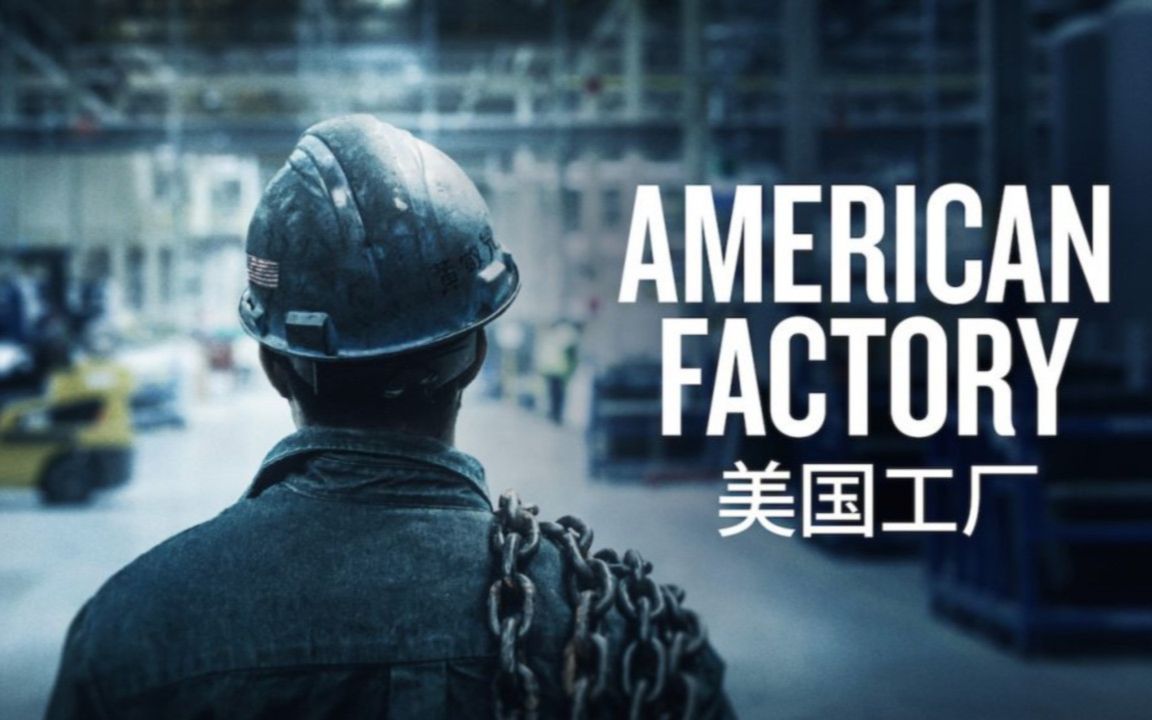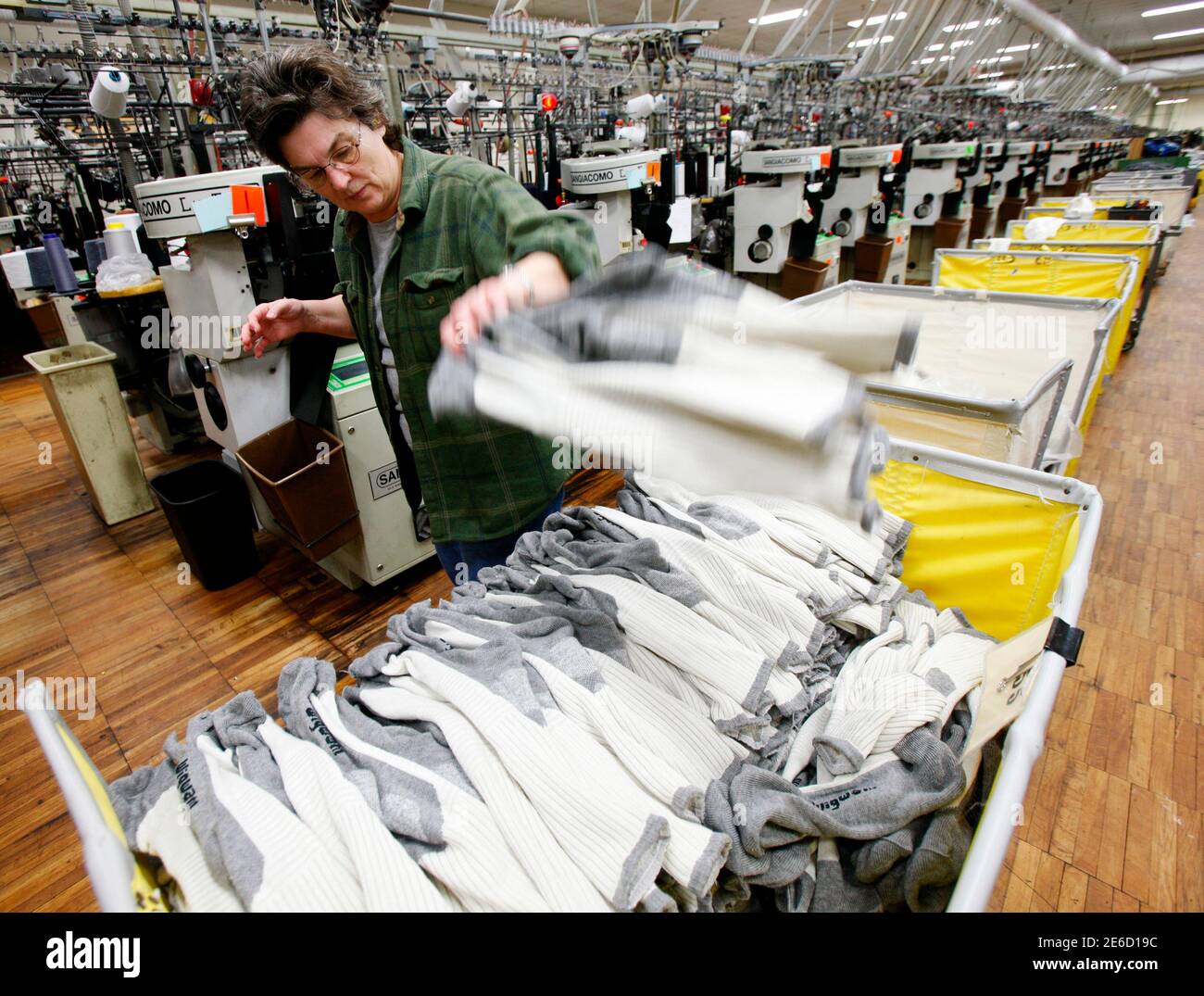

The directors credit these two as essential in providing a connection to the Chinese subjects depicted in the film. The Mandarin Chinese language portions of the film were facilitated by the inclusion of two Chinese filmmakers, Yiqian Zhang and Mijie Li, one or both of whom would travel to Ohio monthly. They were inspired to make this film as the events they aimed to depict were taking place in the same Moraine Assembly plant once occupied by General Motors, which was the central topic of their 2009 Oscar-nominated documentary short The Last Truck: Closing of a GM Plant. Early days of hope and optimism give way to setbacks as high-tech China clashes with working-class America.įilmed from February 2015 until the end of 2017, Reichert and Bognar were granted filming access by Fuyao at both their Ohio and Chinese plant locations. It will be released Wednesday, August 21st.In post-industrial Ohio, a Chinese billionaire opens a factory in an abandoned General Motors plant, hiring two thousand Americans.

It's a depressing film, yes, but it seems that the sequel, so to speak, will be far worse.Ī Netflix original documentary, American Factory is the first release from Barack and Michelle Obama's production company, Higher Ground Productions, in collaboration with Participant Media. It's almost as if Cao, like those who work for him in his Chinese factories, is just fulfilling the role he's been assigned.Īmerican Factory ends with a glimpse to the future, when automation will replace many of the jobs the human workers currently perform.

And yet, he says that when he looks out at the modern world that's enabled him to acquire such vast wealth, he feels a sense of loss for the simpler days of his youth. He isn't a monster he's just an old man who grew up in rural China at a time when survival was the exception, not the rule. It's also about Chairman Cao, who proves to be far more human than his treatment of his workers might suggest. This is a film about the people in the film - the worker who made $29 an hour at GM and now makes $12 the one who had to move into her sister's basement when the GM plant closed, then got her own apartment when she started working for Fuyao, and then lost that job when she joined the effort to unionize the Chinese workers who live four to an apartment and send as much of their earnings back home as possible. Reichert and Bognar began filming in early 2015, and for the most part, they leave the macro political climate out of it. Those scenes of backyard barbecues and weekend fishing trips offer some of the few moments of respite in this otherwise bleak account of what happens when a handful of haves attempt to exploit thousands of have-nots, and of the implications of China's rapid encroachment on foreign markets. FGA brought 200 Chinese workers to Dayton to work in tandem with the Americans, and despite the barriers between them, real friendships were forged. Much of it was damning, but some of it was funny and even heartening. You see what they saw and hear what they heard, and they saw and heard a lot. Reichert and Bognar's verite style takes you everywhere they went. The Fuyao Group, miraculously, agreed to the terms, which suggests either ignorance or hubris on the company's part. This, as far as Cao is concerned, cannot happen. This presents a problem for Cao and his American executives, leading to a war between those pushing to unionize and those who recognize that a unionized workforce means a loss of absolute control. When the factory doesn't meet OSHA safety standards, or they're expected to work without breaks or overtime, they complain. Their counterparts back in Dayton, meanwhile, seem lazy and inefficient, but also to possess a sense of agency. The Americans watch with a mixture of bewilderment and awe as the Chinese workers chant propagandistic Fuyao slogans before each shift, and then dive into their menial tasks with the unquestioning diligence of machines. When the film crew goes to a Fuyao factory in China with a team of American supervisors from the FGA factory, the contrast is brought into sharp relief. The American executives, on the other hand, were raised in a country where people have rights, and to willfully ignore them in service of the bottom line is a choice, not a default. As far as he's concerned, his employees are lucky to have jobs at all, and they should be grateful. Cao, who is in his 70s, grew up in a Communist regime, and says he would get so hungry as a child that he'd scream in agony.

Chairman Cao comes across as an autocrat with no compunction about flouting workers' rights and safety standards, but it's the American executives who seem the most heartless.


 0 kommentar(er)
0 kommentar(er)
